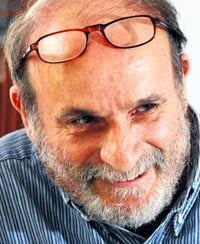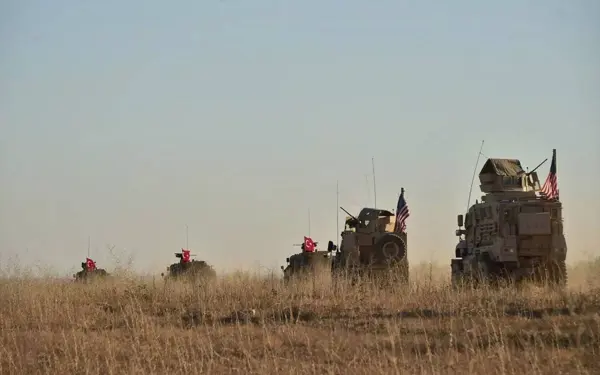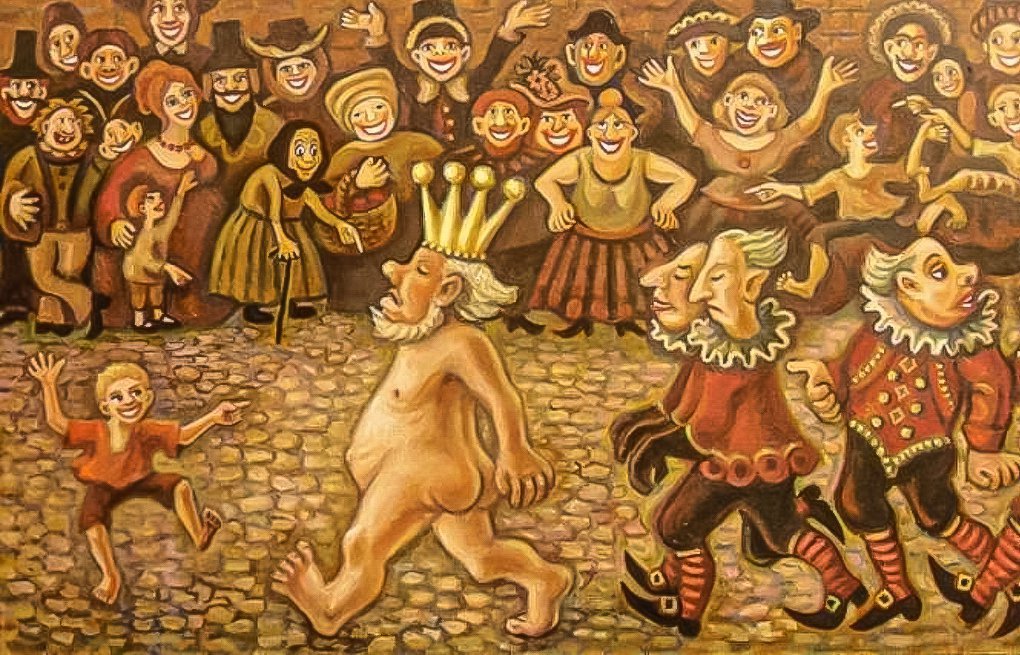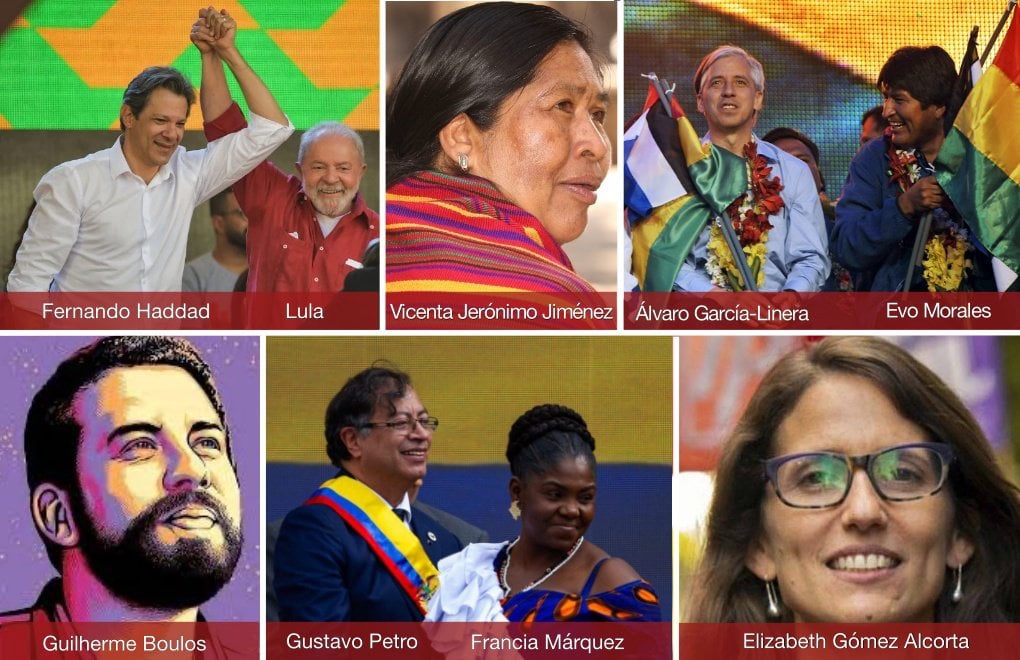After nine years in a Turkish prison, Kurdish rights activist and former member of parliament Leyla Zana remains defiant. I am a woman first of all, then a mother, and then a politician. In all these capacities, I vow that I will fight for the fraternity of Turkish and Kurdish peoples, she told a Turkish court in late March.
The occasion was an unprecedented retrial that began this spring. It will determine if Zana, 42, will go free or will continue her 15-year sentence. The judges at the retrial listened calmly to her vow of solidarity and then allowed the statementan echo of the words that provoked her jail termto enter the record. People who have struggled against the annihilation of Kurdish ethnic identity found in that simple, official act a sign of increased tolerance by the Turkish establishment for claims that peoples other than ethnic Turks live in Turkey.
Ankara has for decades denied the very existence of its more than 12 million ethnic Kurds and has forced them to hide their customs, language, and very identityor face charges of treason. This discrimination against one-fifth of the countrys population was institutionalized in the 1920s with the founding of a Turkish Republic that was committed to imposing a uniform national identity. Persecution of Kurds escalated dramatically in the 1980s as the Kurdistan Workers Party (PKK), an armed Kurdish independence movement, gained strength. That civil war has cost 30,000 to 45,000 lives, including more than 20,000 Kurdish guerrillas, 5,000 Turkish soldiers and security forces, and 5,000 civilians; millions have been uprooted.
In 1991, at the height of that persecution, Zana became the first and only Kurdish woman elected to parliament since the foundation of the republic. She shocked the nation at her inauguration: After reciting the required loyalty oath in Turkish, she added in Kurdish that she would struggle so that the Kurdish and Turkish peoples may live together in a democratic framework. After warnings by an extremely apprehensive speaker of the parliament, she repeated the official loyalty oath. But even that act could not save her from the witch-hunt that followed.
With those few words affirming a common humanity, this beautiful Kurdish girlas Türkan Akyol, then Zanas fellow Social Democratic Populist Party (SHP) deputy, called herwas instantly transformed by the media into a witch of separatism. Turkeys ultra-nationalist establishment saw the use of her native-tongueoutlawed from all media and educational contextsas a call to arms. And her headbandin the Kurdish tri-color of red-yellow-greenwas seen as a raised banner of separatist insurrection and, by extension, of her affinity with the outlawed PKK.
Zana had taken the first step on the path to Ankara Central Closed Prison.
To many, Leyla Zana is a modern-day Joan of Arc, a champion of human rights for her people. Her critics, defenders of a homogeneous Turkish state, see her as a separatist puppet, ill-trained for a government post and obsessed with challenging the official myth that no ethnicity except Turk exists in Turkey.
Zanas personal history hardly predicts a rebel destined to play a vital role in the fight for Kurdish self-determination. As a 15-year-old with no formal schooling, she married the former mayor of Diyarbakir, Mehdi Zana, and developed her political consciousness the hard way. When her dissident husband was jailed during military rule in the 1980s for promotion of the Kurdish cause, Zana and the children visited him in prison. We were always met with brutal and inhuman pressure, Zana told Nadire Mater of InterPress Service. [Turkish guards] beat us. They banned speaking in Kurdish. When we told them that we did not speak Turkish, they bluntly told us to look in each others eyes, and that would suffice.
Zana began to fight back. In 1984, when her children were old enough, she started school. In three years she earned her primary and secondary diplomas, and she took a job with the newly established Human Rights Association in Diyarbakir.
In the course of defending the rights of her imprisoned husband and other detainees, Zana herself fell victim to official brutality. I was detained during a protest in front of Diyarbakir prison in 1988, she said. For seven days I was interrogated under torture. I was forced to take off my clothes and was brutally beaten.
Angry and unbowed, Zana ran for parliament and won a seat in 1991 on an SHP coalition ticket. It was not me who decided [to run for the parliament], she told French journalist Chris Kutschera in 1993. All through my life it has not been me who has decided. It was the people who wanted it.
After her open embrace of Kurdish rights before a national audience, an outraged military applied pressure to the SHP. She and the other SHP deputies were forced out of the party and founded the Democracy Party.
She maintained her seat for three years while the Ankara State Security Courts public prosecutor pushed the National Assembly to lift parliamentary immunity from prosecution for the Democracy Party deputies. In March 1994, in an act later called a coup against itself, parliament accepted the charge that Democracy Party members were affiliated with the PKK, and lifted their immunity. Police then raided the session and arrested Zana and her colleagues. Authorities interrogated Zana for two weeks and charged her with affiliation to the PKK.
Before the year was out, the Ankara State Security Court convicted Zana and three other former Democracy Party deputiesHatip Dicle, Selim Sadak, and Orhan Doganof membership in an armed gang, and sentenced each to 15 years imprisonment. Then Prime Minister Tansu Çiller justified the incident as the PKKs dismissal from parliament. The Democracy Party was outlawed and other former MPs went into exile in Belgium.
Zana has now endured nine years in prison. She spends her days studying, reading, and writing letters to supporters and to her children. Ronay, who was 17 when his mother was arrested, fled Turkey after he was threatened and assaulted. His younger sister Ruken joined him a few years later. They were following in the sad footsteps of Zanas husband who, faced with a prison sentence for spreading separatist propaganda in a book of poems, had already left for exile in Europe.
Meanwhile, Zana has become a role model and source of pride for Kurdish women, and is often credited with improving their position in patriarchal Kurdish society. She has broken all taboos, said Handan Coskun, an Istanbul-based Kurdish journalist. She is a vanguard. After her example, Kurdish women feel more encouraged to break with the old traditions of obeying their men and devoting their lives to housekeeping.
Those traditions pervade Kurdish culture. The most interesting point in the studies on Kurdish nationalism, particularly in the Ottoman Empire, is that they narrate only about men, observes historian Yavuz Selim Karakisla. Obviously Kurdish society, under the weight of its historical traditions, bears extremely paternal characteristics. Its highly probable that a foreigner who browses through these studies might very well gain the impression that Kurdish society is comprised only of men. It is as if no Kurdish women lived between legendary warrior Black Fatma of the Crimean War in the 1850s and Kurdish deputy Leyla Zana in the 1990s.
Yet Zana has paid a high price for her place in history, both in years and in health. Although she suffers from a blood circulation disorder that requires frequent visits to the prison clinic, she has told her lawyer, Yusuf Alatas, to play down her poor health. The government offered in 1997 to release her for health reasons, but Zana rejected the offer, preferring to win her freedom on the justice of her cause.
International pressure and a changing domestic environment have sparked hope for Zana. Globally, a number of human rights organizations have raised the profile of her case. Amnesty International has named her a Special Focus Case; members of the U.S. Congress and of several European parliaments nominated her for the Nobel Peace Prize in 1998; and she has won the Sakharov Prize and numerous other human rights honors.
Turkeys internal political climate has also changed significantly, as fears of militant Kurdish separatism have diminished. After PKK leader Abdullah Öcalan was arrested and sentenced in 1999 to life in prison, the guerrillas declared a unilateral truce and regrouped as the KADEK (Kurdistan Freedom and Democracy Congress), urging cultural rights through peaceful means within the present territory of Turkey.
And then there is Turkeys desire to enter the European Union (EU) in 2004. The European parliament has criticized Ankaras record on human rights, democracy, and sexual equality, and is requiring reforms before Turkey is eligible for EU membership. Meanwhile, the European Court of Human Rights (ECHR) has ruled that Zana and a dozen other MPs tried in absentia in Turkey did not receive a fair trial. According to Amnesty International, Prosecutors in her flagrantly unfair trial presented witnesses who themselves faced prosecution or who later retracted their statements, which they said were extracted under torture.
Prospects for Zanas freedom rose early this year, when President Ahmet Necdet Sezer ratified the most recent Harmonization Law, designed to bring Turkey closer to EU human rights standards. The law mandates a retrial when the European Court of Human Rights rulesas it did in Zanas casethat the original trial was unfair. Ankara agreed to a new hearing, but, against expectations, refused to release the prisoners on bail as a gesture of good faith.
Luigi Vinci, an Italian member of the European parliament, condemned that decision: The fact that they have still not been freed already has repercussions for Euro-Turkish relations, he told Agence France-Press. The trial has a highly political and symbolic value. It would be a mistake for Ankara to underestimate its importance.
If the court does not free her, Zana, incarcerated at the age of 34, may have to stay in prison until 2005, when she will be eligible for conditional release. The sentence, her supporters argue, is not only unjust but ironic since the crime of speaking Kurdish that sparked her persecution is no longer illegal. Today, despite the turbulence caused by the U.S. occupation of neighboring Iraq, a fragile tranquility reigns in the former war zone of the southeast, where half of Turkeys 12 million Kurds live. Ankara lifted martial law and emergency rule in late 2002, as the 15-year-long armed conflict between the PKK and the Turkish security forces wound down.
Reforms, at least on paper, have been encouraging. A ban on broadcasting in Kurdish was lifted with certain qualifications in 2001 and 2002. Other legal changes in August 2002 allowed for the teaching of languages, including Kurdish. However, authorities have yet to approve any courses in Kurdish. Similarly, in the latest reform package, further legislation had to be introduced to allow for Kurdish-language broadcasting on private TV and radio channels as well as state ones. As yet there have been no broadcasts.
Despite recent reforms, says James Logan of AIs Turkey desk, the Turkish authorities still appear to view the legitimate request of its Kurdish citizens for cultural rights as a danger to Turkish territorial integrity.
And Zana continues to pay the price for that institutionalized intolerance. Surprising her foes, who would bet on her irrevocable separatism, she still advocates cooperation and fraternity among Turkeys peoples. Peace, once attained, she says, will bring women, Kurds and Turks as wellinnumerable opportunities for developing their human capacities.
Zana has lived that lesson. When she stepped through the doors of the Turkish parliament, she was simply the wife of a prominent Kurdish figure. Her steadfast commitment and courageous defiance have gained her a reputation and political identity of her own that now surpasses that of her husband Mehdi. Such is the irony of history that he is now generally referred in the male-dominated Turkish media as Leyla Zanas husband.
Through it all, Zana has remained defiant: I devote my life to peace and fraternity among Turkeys peoples. I would not step back, even under harsher punishment, she said. (EK)










